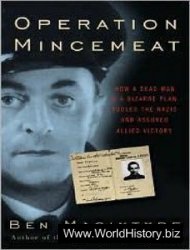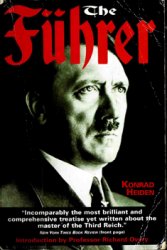In 1879 Lancashire side Darwen almost produced an upset of seismic propordons. In their 4th-round match against Old Etonians at Kennington Oval they came back from 5-1 down to force a draw. Darwen were in the ascendancy at the end of the match, and the Old Etonians’ captain hastily decHned the offer to play extra time. There was no question of the Old Etonians heading north for a replay, so Darwen had to make another trip to the capital. That game finished level too, and although Old Etonians prevailed in the third clash, it was clear that dominance of the gentlemen-amateurs was under threat.
Metal workers. It also included players who appeared to earn their living purely from football, professionals in all but name. Olympic had a player-manager, Jack Hunter, who used advanced methods to prepare the team, including taking the players away to Blackpool to get them into peak physical and mental condition for the Final, in which they were up against the holders. Blackburn won the match 2-1 after extra time. For Old Etonians, a sixth Final appearance in twelve years was to be their last. They, together with the other clubs spawned from academia and the military, represented the old guard. And the shift in footbalhng power was not just away from the gendeman-amateur to artisans and professionals; it was also from the Home Counties to the industrial heartlands of the Midlands and the North. In the next 37 years the Cup would return to the south-east just once.
Some had their roots in church schools, including Aston Villa, Woverhampton Wanderers and Everton. Others, such as Newton Heath and Stoke City sprang up as works teams.
End of the road for the gentleman-amateur
The pendulum swung after 1881, when Old Carthusians beat Old Etonians in die last all-amateur Final. By dien, many future illustrious clubs had been formed. Some had their roots in church schools, including Aston Villa,
Woverhampton Wanderers and Everton. Others, such as Newton Heath and Stoke City sprang up as works teams. Sheffield Wednesday and Preston North End were among those formed as offshoots of existing sports clubs, often ones for
Which cricket was the chief pursuit. But it was the town of Blackburn which ushered in the new era. Rovers reached the Cup Final in 1882, with Old Etonians providing the opposition. Blackburn boasted several classy Scottish players and, like many other clubs, was covertly organised along professional lines. One of the players’ fathers was so confident of the result that he bet a row of houses on a Blackburn victory. It was an expensive gamble, for Old Etonians won the match 1-0. But the writing was on the wall. This would be the last time that an amateur club would lift the trophy.
The Cup goes north
The following year, Blackburn Olympic took the Cup north for the first time. The backbone of the team was made up of weavers and spinners, plumbers and sheet-
PLAYER'S CIGARETTES

ASSOCIATION CUP WINNERS WEST BROMWICH ALBION. 1892
West Bromwich Albion appeared in the Cup Final on five occasions between 1886 and 1895, winning once against Preston in 1888 and later defeating Aston Villa in 1892.




 World History
World History









